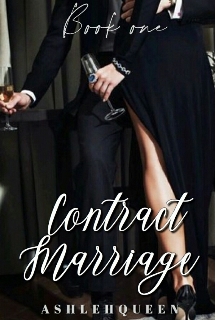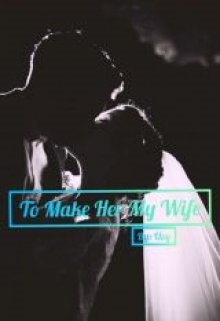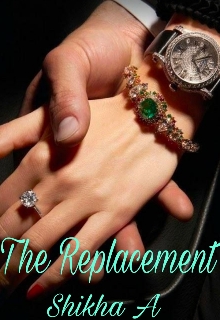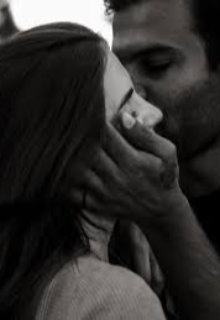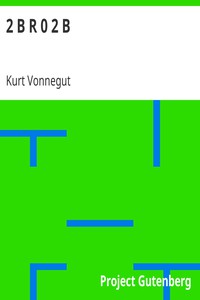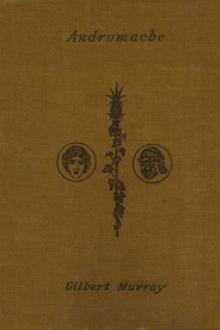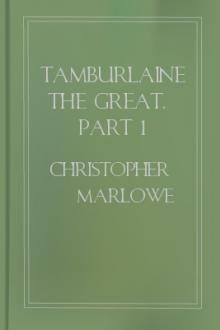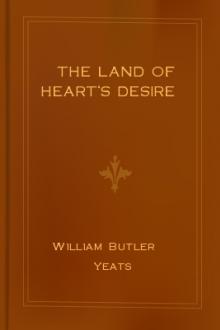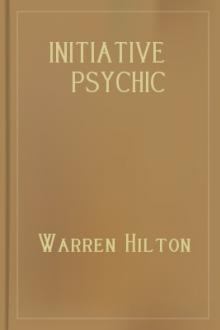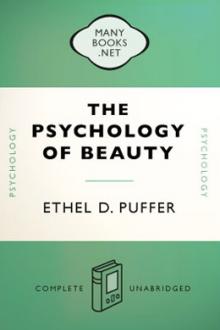Bookssland.com - Free eBook library online
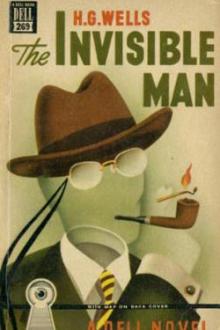
"Very useful things indeed they are, sir," said Mrs. Hall."And I'm very naturally anxious to get on with my inquiries." "Of course, sir." "My reason for coming to Iping," he proceeded, with a certain deliberation of manner, "was ... a desire for solitude. I do not wish to be disturbed in my work. In addition to my work, an accident--" "I thought as much," said Mrs. Hall to herself. "--necessitates a certain retirement. My

ITY.Phantasmal mirth, folded away: muskperfumed. AND NO MORE TURN ASIDE AND BROOD. Folded away in the memory of nature with her toys. Memories beset his brooding brain. Her glass of water from the kitchen tap when she had approached the sacrament. A cored apple, filled with brown sugar, roasting for her at the hob on a dark autumn evening. Her shapely fingernails reddened by the blood of squashed lice from the children's shirts. In a dream, silently, she had come to him, her wasted body within

things from the thoughts awakened in me by the speculations of St. Simonians; but it was made a living principle, pervading and animating the book, by my wife's promptings."[4] The part which is italicised is noticeable. Here, as elsewhere, Mill thinks out the matter by himself; the concrete form of the thoughts is suggested or prompted by the wife. Apart from this "general tone," Mill tells us that there was a specific contribution. "The chapter which has had a greater
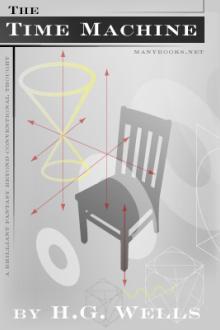
thought of it. It'splain enough, and helps the paradox delightfully. We cannot seeit, nor can we appreciate this machine, any more than we can thespoke of a wheel spinning, or a bullet flying through the air.If it is travelling through time fifty times or a hundred timesfaster than we are, if it gets through a minute while we getthrough a second, the impression it creates will of course beonly one-fiftieth or one-hundredth of what it would make if itwere not travelling in time. That's plain

his expressiveness of the sky is due to certain qualities of the sensation, which bind it to all things happy and pure, and, in a mind in which the essence of purity and happiness is embodied in an idea of God, bind it also to that idea.So it may happen that the most arbitrary and unreal theories, which must be rejected as general explanations of aesthetic life, may be reinstated as particular moments of it. Those intuitions which we call Platonic are seldom scientific, they seldom explain the

ed, unsown cloak.He ate only once a day, and never something cooked. He fasted forfifteen days. He fasted for twenty-eight days. The flesh waned fromhis thighs and cheeks. Feverish dreams flickered from his enlargedeyes, long nails grew slowly on his parched fingers and a dry, shaggybeard grew on his chin. His glance turned to icy when he encounteredwomen; his mouth twitched with contempt, when he walked through a cityof nicely dressed people. He saw merchants trading, princes hunting,mourners

nce to Paine's footnote (itself altered in some editions!), in which he says: "If this has happened within such a short space of time, notwithstanding the aid of printing, which prevents the alteration of copies individually; what may not have happened in a much greater length of time, when there was no printing, and when any man who could write, could make a written copy, and call it an original, by Matthew, Mark, Luke, or John. Nothing appears to me more striking, as an illustration of
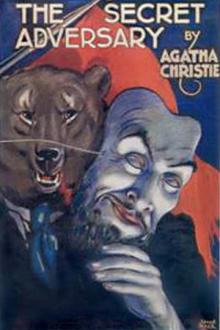
boy. But I can assure you that that sort of thing might touch the heart of an elderly spinster, and she might adopt you, and then there would be no need for you to be a young adventurer at all.""I don't want to be adopted." "I forgot you had a prejudice against it. I was only ragging you! The papers are full up to the brim with that type of thing. Now listen--how's this? 'Two young adventurers for hire. Willing to do anything, go anywhere. Pay must be good.' (We might as

u two roubles last time for your ring and one could buy it quite new at a jeweler's for a rouble and a half.""Give me four roubles for it, I shall redeem it, it was my father's. I shall be getting some money soon." "A rouble and a half, and interest in advance, if you like!" "A rouble and a half!" cried the young man. "Please yourself"--and the old woman handed him back the watch. The young man took it, and was so angry that he was on the point of

assist him in counting his gold. 'I don't want your help,' she snapped; 'I can get them for myself.' 'I beg your pardon!' I hastened to reply. 'Were you asked to tea?' she demanded, tying an apron over her neat black frock, and standing with a spoonful of the leaf poised over the pot. 'I shall be glad to have a cup,' I answered. 'Were you asked?' she repeated. 'No,' I said, half smiling. 'You are the proper person to ask me.' She flung the tea back, spoon and all, and resumed her chair in a
